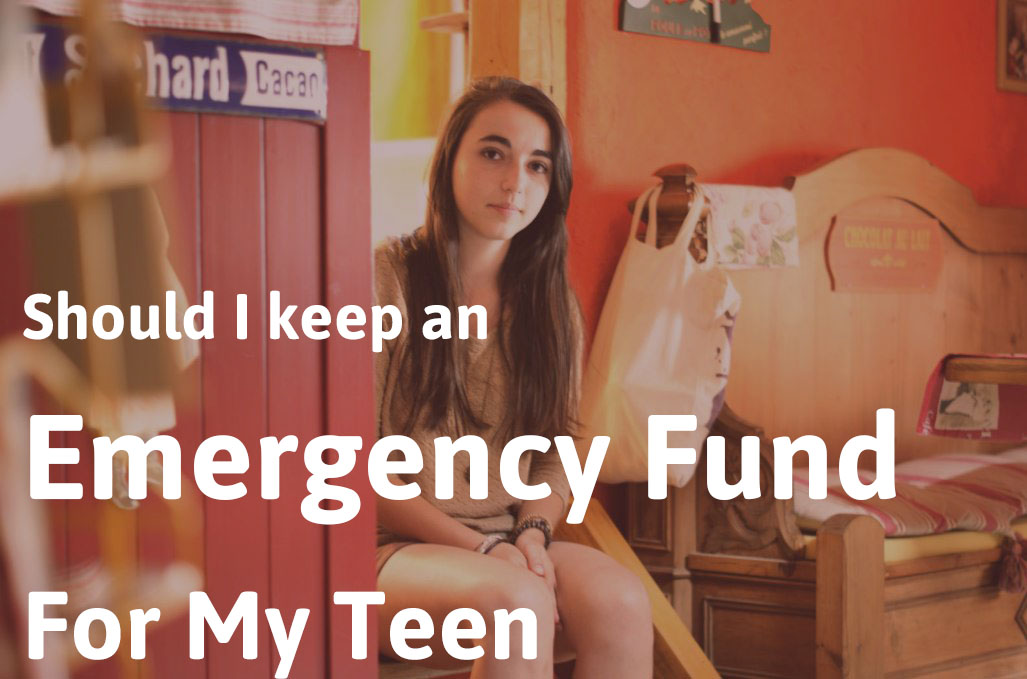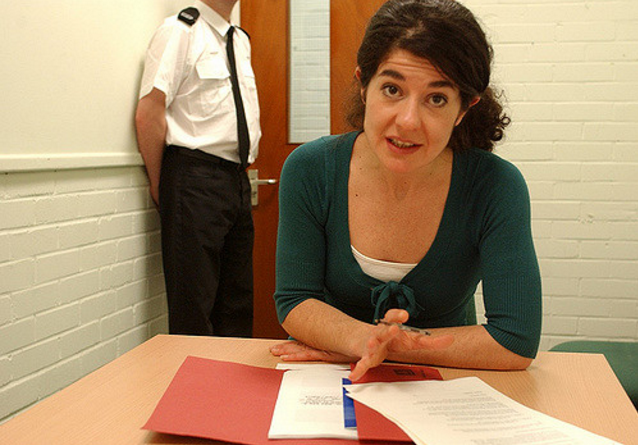 Sometimes, teens get in trouble. In many cases, that trouble is taken care of in a manner that’s quiet and relatively simple. In other cases, the trouble a teen causes will interact with the adult world. Teens can be involved in legal issues that require them to be bailed out – and that job falls to the parents.
Sometimes, teens get in trouble. In many cases, that trouble is taken care of in a manner that’s quiet and relatively simple. In other cases, the trouble a teen causes will interact with the adult world. Teens can be involved in legal issues that require them to be bailed out – and that job falls to the parents.
It’s important to stop and ask yourself if you can afford to pay when and if your teen gets in trouble. Answering this question has caused many parents to consider creating an emergency or a bail fund for their teenage children. Whether this is right for you is a matter of how you look at the fund.
The Possibility of Trouble
Creating a bail fund for a teenager doesn’t mean that you think your teen is a troubled child or that he or she will necessarily get in trouble with the law. These funds are, however, an admission that you won’t always have the money on hand to deal with the problems that might occur in a teen’s life. Having money put away to pay bail is a good way to make sure that you can help your teen avoid spending the night in jail and it’s also a good way to make sure that you’re prepared for any kind of monetary emergency that he or she might face.
More Than Bail
Of course, a bail fund can be for far more than just bail. If your child has trouble with the law, it’s possible that you might need that money to get some kind of legal representation. It’s also significantly easier to expunge your record when you are a minor, so having the money available to do so might be a good idea. Keeping this general fund available for your teenager isn’t a knock against his or her trustworthiness, but rather an admission that bad things can happen to him or her.
A Lifelong Skill
It is vital to save an emergency fund to protect your finances against adolescent misbehavior, but don’t forget the importance of passing this lesson on to your teen, as well. More is caught than taught when dealing with kids, so if you’re developing responsible financial habits, you’ve already given your teen a strong example they can emulate. Encourage teens to save a little and give a little, and not spend every dime they earn. Help them make savings a part of the rhythm of their life. If you can ingrain these habits early, they will become a pattern that will serve your teen well throughout a lifetime of decision-making!
Emergencies come in all shapes and sizes – from busted alternators to air conditioners, from orthodontics to arrests. The frequency and variety of emergencies tend to increase when adolescent brains begin learning how to make decisions. Some choose to learn the hard way. Adequate savings will protect you from the financial impact of poor teenage decisions, and more importantly will serve as a tool to help teach teenagers better decision-making skills.
